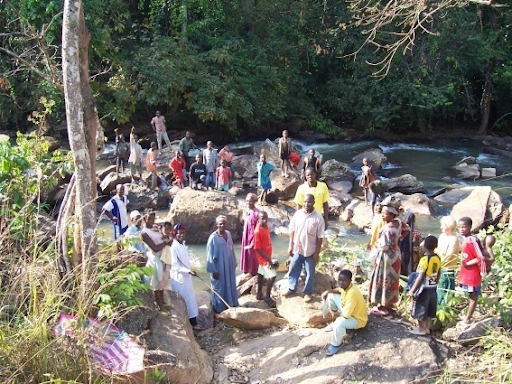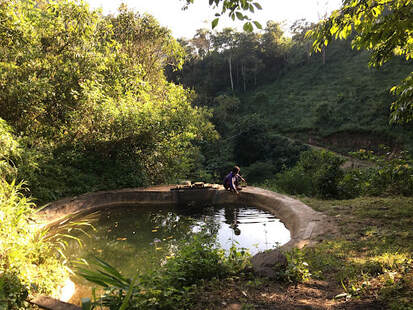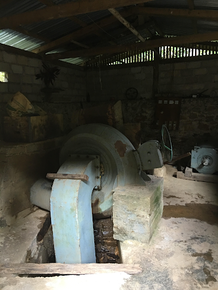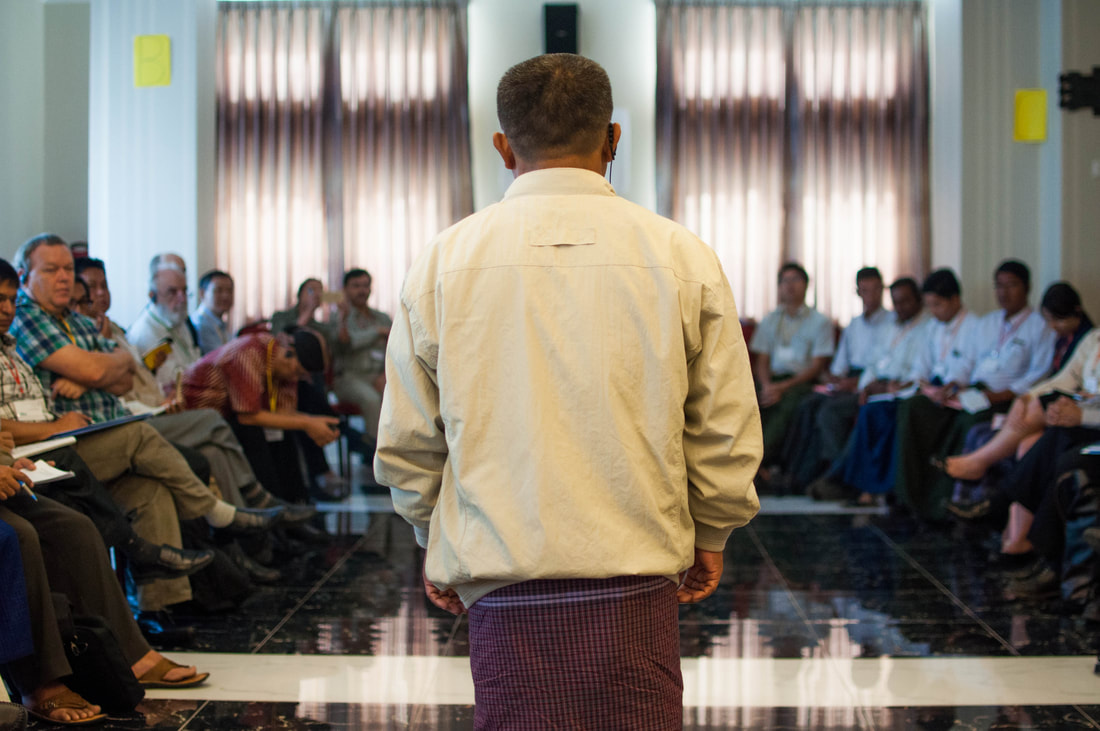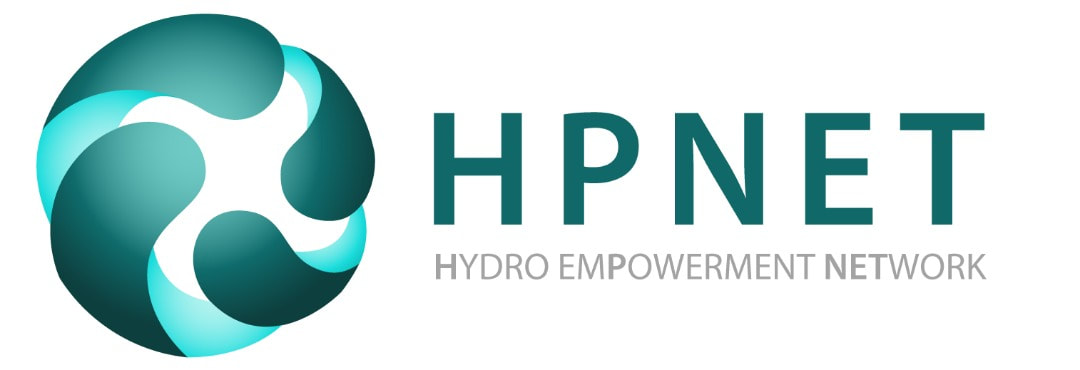| The most severely impacted sub-regions within conflict-ridden countries are typically indigenous and ethnic regions that are underdeveloped and off-grid. It is in these regions that rural development programs, including community-based micro hydro projects, are located. This year we have been tracking situations in Myanmar, Cameroon, Nigeria, Ethiopia, Afghanistan, and others in order to understand the impact of conflict on rural development efforts and vice versa. Below HPNET Manager and Facilitator, Dipti Vaghela, shares her reflections. |
International development partners can better integrate political economy analyses into the design of their programs. For example, in the case of Myanmar prior to the 2021 coup the country had faced government takeover by the national military thrice since its national independence from the British in 1948. While the closely monitored 2015 elections were democratic, the NLD government’s victory was a pseudo-democracy since the advantages granted by the country’s constitution to the Myanmar military dictatorship had not changed with the election.
As the need for rural development has become greater with the pandemic and the humanitarian situations, international donors now seek non-government partners to deploy aid and support in countries of conflict. However, such a noble approach comes too late -- local non-government actors are forced to focus on maintaining basic safety (ironically from violence caused by the same national governments that were supported by international donors) and economic stability.
The staff and consultants of international development organizations come with their own biases, based on their professional journeys. The biases prevent them from fully understanding the political economy aspects of energy access. For example, they may be more open to a practitioner that is an English-versed extrovert with less experience and not from the local region, than an English-challenged introvert who has an extensive track record and is based locally. They may chastise the crude appearance of locally developed technology without understanding the constraints it was built under nor the value of the local social capital that resulted. The presence of such biases during the scoping of a mission and during every engagement between international and local, non-government stakeholders impedes trust-building. The biases can be countered by acknowledging them and taking support from bridge-building facilitators who can strategize around the strengths, weaknesses, and incentives of the differing international donor, government, and non-government contexts.
Local capacity building is a vital aspect of any development initiative to sustain itself post-implementation. However, often the approach used by international development partners are not results-based, outcome-oriented, nor linked to implementation. At times the specific need for knowledge building is not addressed because the international development partner has not taken initiative, effort, and/or lacks skill to understand the local context, and relies only on what its consultants can offer. Training consultants fly in for some days, constrained on time to build understanding prior to the training activity and conduct follow up. Participant selection does not prioritize local practitioners; and when it does the targeted actors do not want to attend due to lack of trust and assurance of the training meeting their specific needs.
As international development partners exit conflict stricken countries, the media’s attention fades, and funding priorities shift, the dire situations on the ground continue to worsen. The progress of taxpayer-funded, international development interventions is unraveled. Some donors stay on but must abide by the oppressive regimes’ rules, including not spotlighting the humanitarian crises and not holding the regime responsible. While addressing post-conflict downstream impact (e.g. refugee crises) is critical, more must be done to integrate political economy analyses and the strengthening of local, non-government entities in development and aid interventions.


